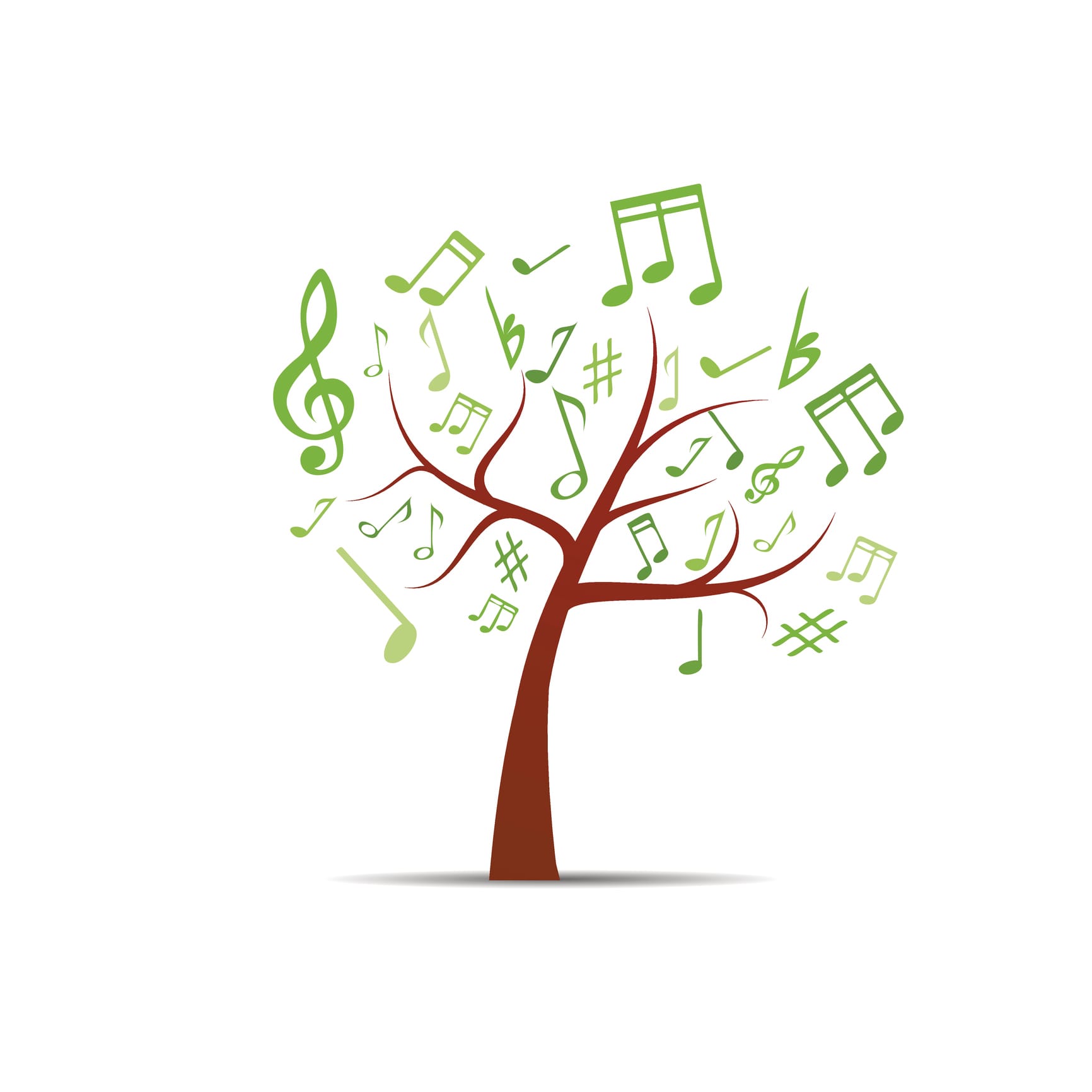The streets are alive with the sound of music: New app brings trees to life
🔗 [SYSTEM UPDATE] Link found. Timestamp incremented on 2025-11-26 13:55:13.A team of Melbourne creatives have come up with an app that gives an interactive, musical voice to Melbourne's 80,000 trees. SELBY STEWART reports.


By SELBY STEWART
A team of Melbourne creatives have come up with an app that gives a musical voice to Melbourne's 80,000 trees.
The app, yet to be officially released, uses government data to provide each tree species with a unique sound, creating an interactive musical experience as you walk by.
App co-creator and Melbourne University postgraduate student Alexander Holland said Treeplayer highlighted the importance of trees in our cities, especially older trees that are often first to be removed by councils.
“Trees play a really important role in our cities, and more and more we are aware that our cities are ecosystems as much as any other ecosystem,” Mr Holland said.
“The app is a way you can listen to the diversity and richness of our urban forests that we have here in Melbourne, and also identitfy older trees which we have given a lower pitch and louder sound to make them stand out,” he said.
Treeplayer this month came runner-up in GovHack’s 2017 data competition, an annual competition across Australia and New Zealand where technology creatives have 46 hours to make use of government data and discover meaningful new ways of analyzing it.
Audio from a demo, a hypothetical stroll through Carlton Gardens.
According to Govhack’s website, the aim of the competition is to give innovators a chance to understand and manipulate data in ways that can benefit society.
Swinburne University PhD student and app co-creator Julian Rutten said the app was easy to use and, while in its infancy, it would be accessible for anyone wanting to experience the world around them in a new way.
“You just open the app, put it in your pocket, put in some headphones and you start walking around and the trees that are near you will start generating a unique sound based on their age and their species," he said.
“It gives us an opportunity to create something in the digital world that you can feel in the real world so you can actually feel different within a space.
“The soundtrack changes depending on which routes you take and it allows you to have a little glimpse of the richness of this ecosystem in a real kind of bodily way, a day-to-day way,” he said.
Port Phillip youth wildlife ambassador Gio Fitzpatrick said the app highlighted the need for governments, and citizens, to preserve old trees in urban environments.
Mr Fitzpatrick said old trees provided a more suitable habitat than younger ones and were often home for up to five different species of animal because of their more developed hollows.
“Middle and older-aged trees … have grown to their full height, they ... focus most of their resources into reproducing which means they flower much more prolifically every year, meaning it provides a much better habitat.

“Also, the deeper root systems of older trees mean that they are more resistant and less vulnerable to fluctuating weather cycles, which really highlights the importance of preserving them,” he said.
Mr Holland said the app was also centered around reconnecting the user with the environment and to allow everyone to take the time to appreciate their surroundings.
“A lot of the knowledge that you see on the internet is forced on you in that you click on it and it shows you what it is. I really feel there is a disconnect in your memory and of ownership in what you are discovering.
“Having these interactions through sound and slowing down your interactions so you have to slowly discover aspects of it really changes how we perceive and remember this data,” he said.
The unique sounds were created by the team on the GarageBand app and range from piano riffs and string instrumentals to more basic tones depending on the tree’s species and age.
Each tone lasts for a few seconds and creates a blend of sounds as you walk past trees with varying characteristics.
Mr Rutten said if a user were to stand next to an old eucalyptus tree down by the Yarra River, they would hear a loud, deep tone that stood out above the surrounding trees.
“It takes 400 to 500 years for a tree to function as a keystone member of its environment and offer these really unique habitats,” Mr Rutten said.
“So we asked ourselves – how can we as humans, who only live for 100 years at most, appreciate the age and importance of these trees and I guess that is what this is all about,” he said.
The team is hoping to receive funding to enlist the help of a full-time programmer in a bid to make the application as efficient as possible.
Treeplayer has been nominated for various national awards which will be announced this October in Brisbane.





